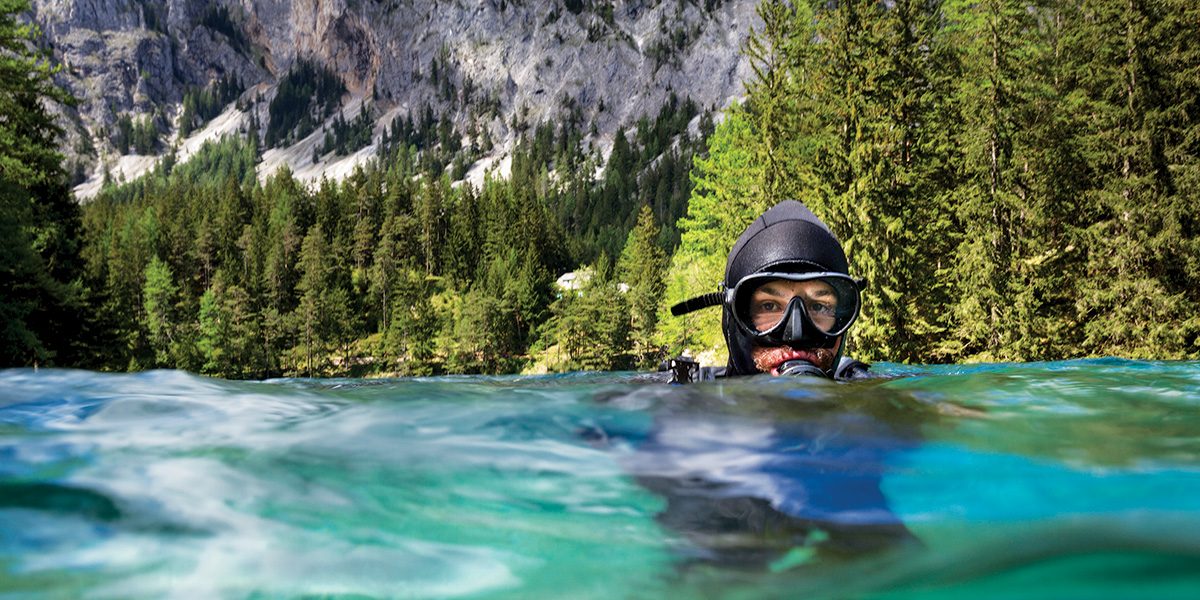Bipolar Disorder and Diving
YOUR QUESTIONS ANSWERED about Bipolar Disorder and diving, immersion pulmonary edema, and pain in teeth when diving.

YOUR QUESTIONS ANSWERED about Bipolar Disorder and diving, immersion pulmonary edema, and pain in teeth when diving.

© ISTOCK/ MPHILLIOS007 Q: I have been diagnosed with low platelets. Is it OK to dive? Before you dive, you and your doctor should consider some possible effects of having a […]
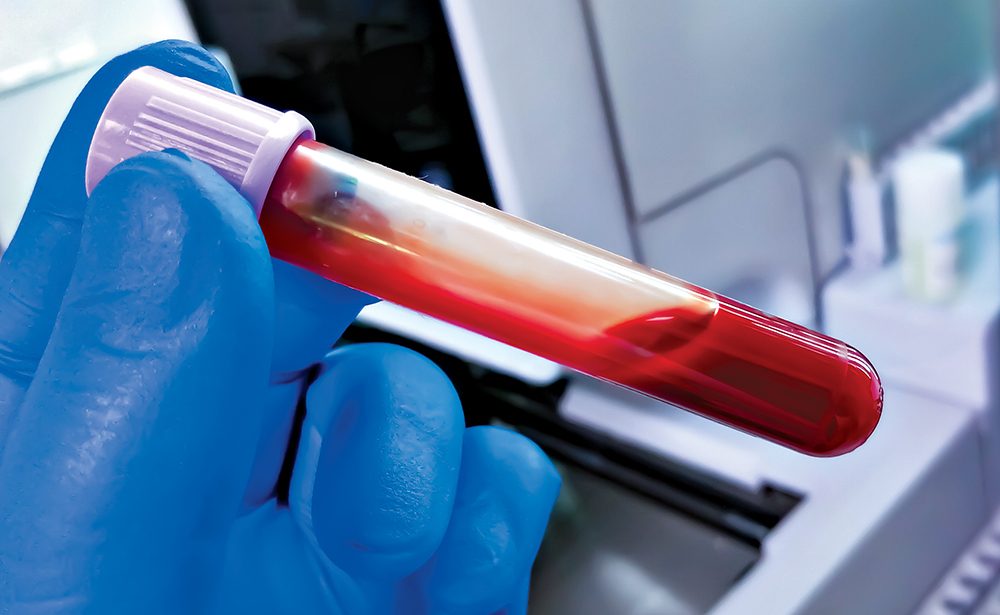
DAN medical information specialists and researchers answer your questions about dive medicine.
DAN medical information specialists and researchers answer your dive medicine questions.
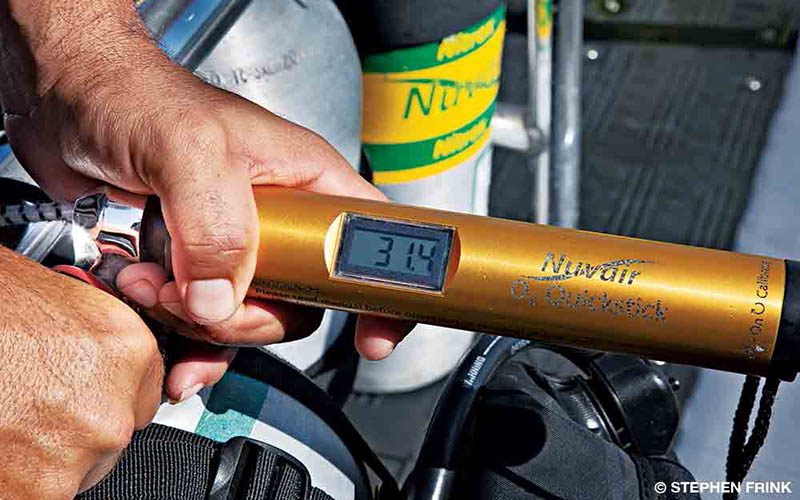
DAN® medical information specialists and researchers answer your dive medicine questions.
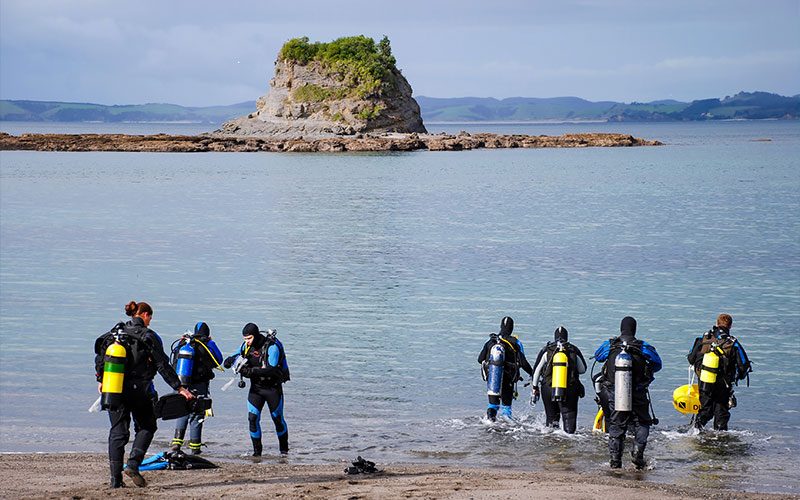
DAN® medical information specialists and researchers answer your dive medicine questions.
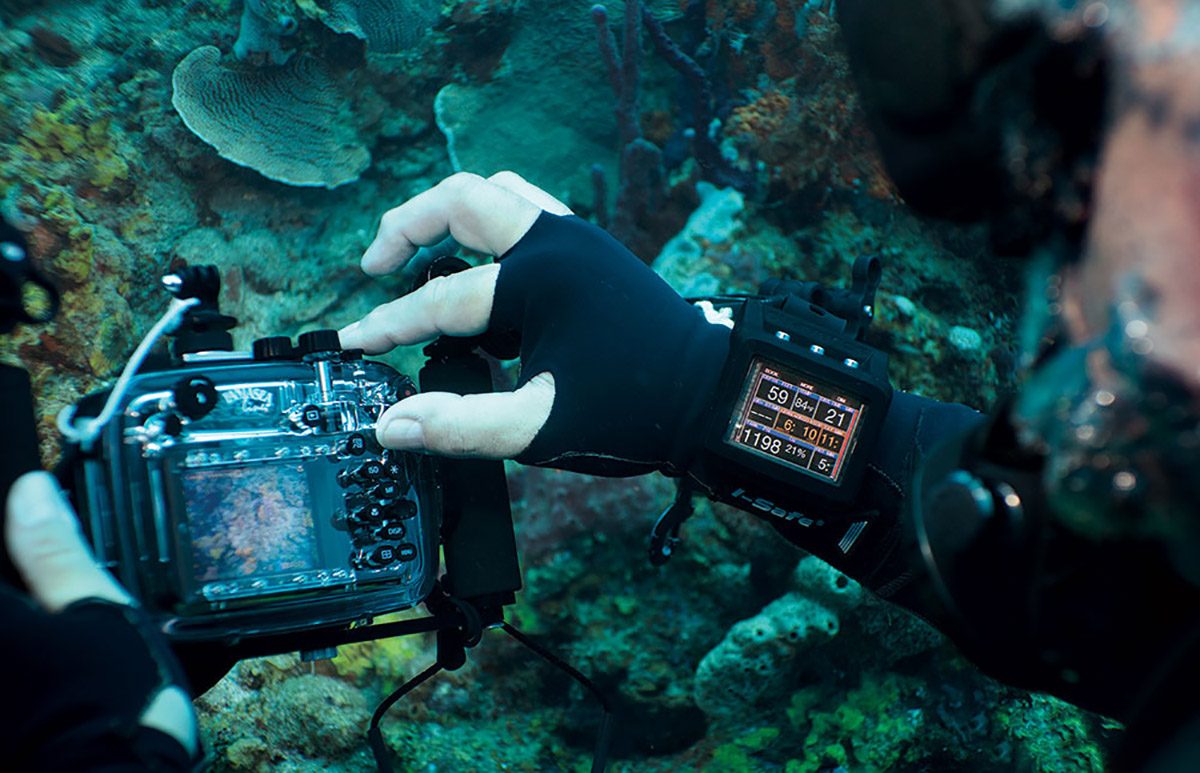
DAN® medical information specialists and researchers answer your dive medicine questions.

Neoprene wetsuits retain moisture and heat, which can sometimes lead to dizziness and nausea. When a diver is fully suited and zipped up, prolonged time on the deck of a dive boat or onshore prior to entering the water can cause heat stress and exhaustion. Common symptoms are dizziness and nausea. Try to avoid fully suiting up until right before you are ready to don your buoyancy compensator and enter the water.
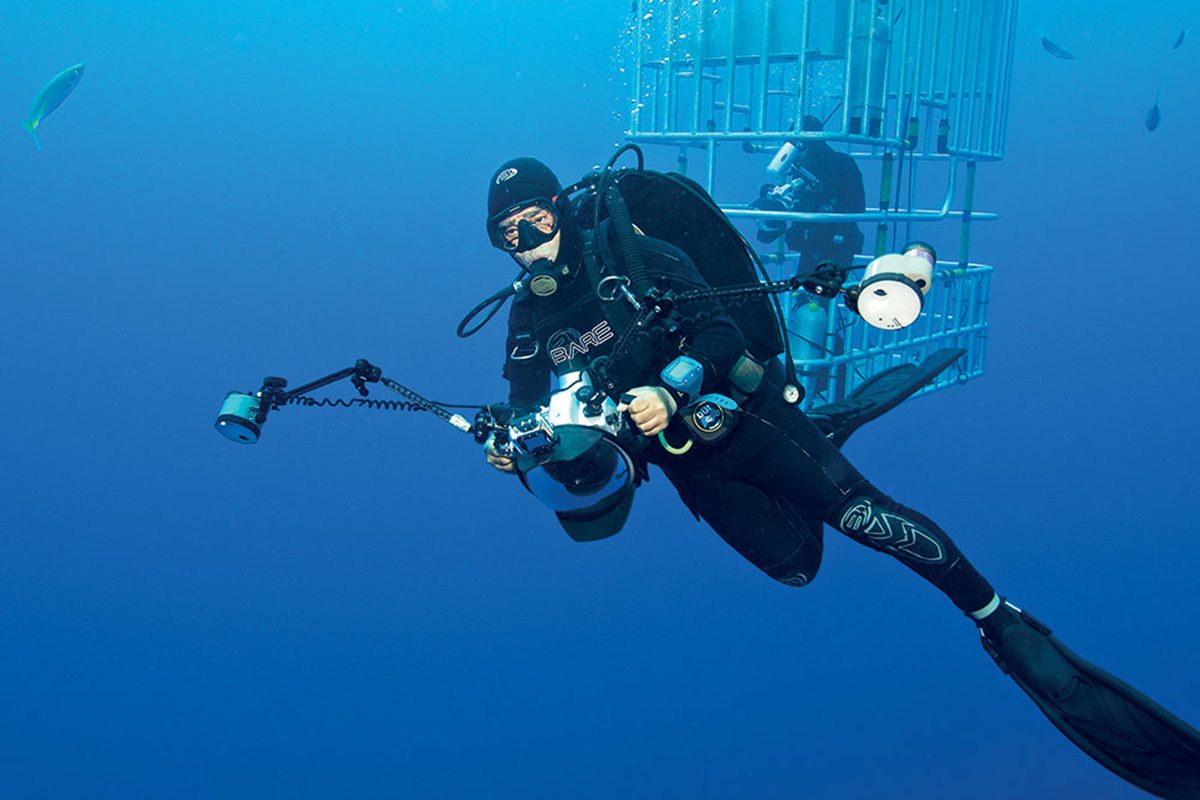
DAN® medical information specialists and researchers answer your dive medicine questions on cardiovascular disease and diving.
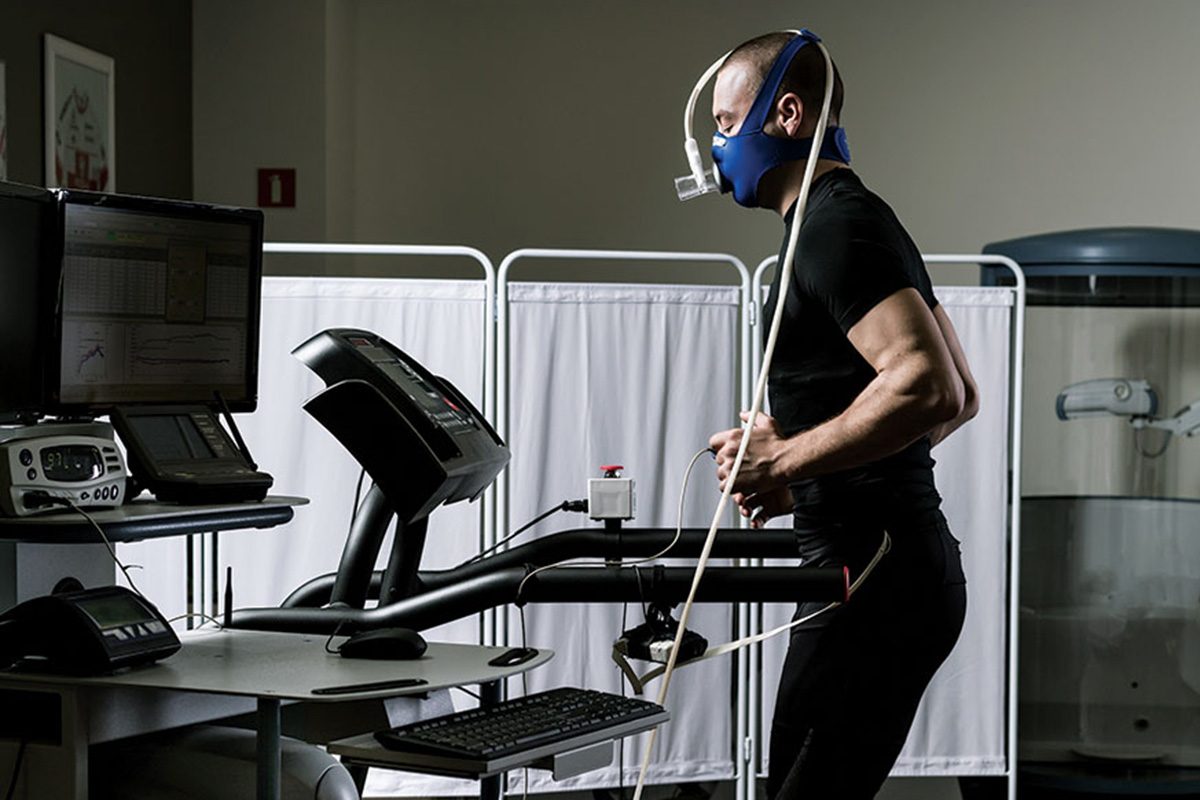
DAN medical information specialists and researchers answer your dive medicine questions. In this issue: diving at altitude, hip fracture surgery, anticoagulant medications, aluminum oxide exposure, and acoustic neuromas.
